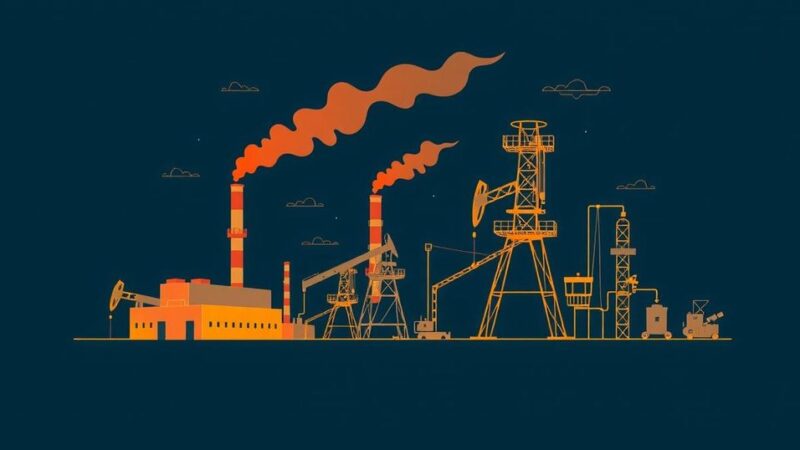Communities in Kenya are increasingly adopting beekeeping as a sustainable livelihood also influenced by climate change. The U.N. Environment Program has stated that those in drylands are significantly impacted by climate fluctuations. Conservation experts are assisting these communities in developing resilient alternatives to traditional agriculture and livestock raising.
In response to the adverse effects of climate change, particularly in arid regions, communities in Kenya are exploring beekeeping as a sustainable alternative to traditional livelihoods severely impacted by environmental changes. The U.N. Environment Program has highlighted that those residing in drylands are increasingly vulnerable to climate challenges, such as persistent droughts and flooding, which jeopardize agriculture and livestock practices. To mitigate these risks, conservation specialists have initiated programs aimed at training residents in beekeeping, thereby fostering both ecological resilience and economic development.
Kenya’s dryland communities are facing escalating challenges due to climate change, which threatens their traditional farming and livestock rearing practices. The onset of extreme weather conditions has created urgent needs for alternative livelihoods that can withstand these fluctuations. Beekeeping has surfaced as a viable solution, providing not only a source of income but also promoting biodiversity and environmental sustainability. This approach aligns with global efforts to combat climate change impacts and support vulnerable populations in adapting to these conditions.
The shift towards beekeeping serves as an innovative response to the increasing challenges posed by climate change in Kenya. It empowers communities with a sustainable livelihood while simultaneously addressing ecological concerns. Through strategic conservation efforts and community engagement, the adoption of beekeeping can enhance resilience against climate variability, ensuring a more sustainable future for the affected populations.
Original Source: www.voanews.com





